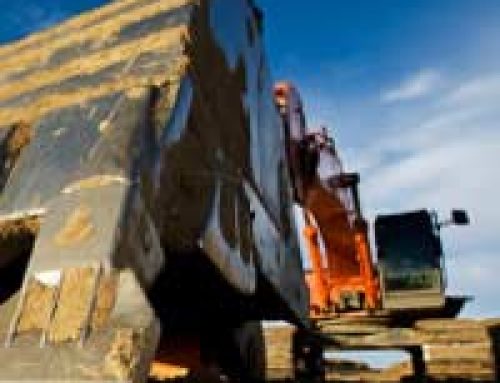
The nuisance presented by noise is becoming more of a problem in today’s society and the part that landscaping can play in deflecting noise is beginning to be recognised and appreciated. Of course trees and shrubs aren’t going to keep out noise as well as a nice thick wall, but they do tend to look a little better. We talk to a family who have chosen planting rather than walls and fences to cut down road noise.
Constant Level of Background Noise
Alan and Jo Gerrard* are lucky in that their Georgian hunting lodge is set back from the road by at least about 200 yards. In fact, if it hadn’t been for the nuisance from the road the house would have been completely out of their price range. It is a fast, straight A-road and although the limit was dropped from the national limit to 50mph about seven years ago, the traffic goes by almost without a break, so there is a constant level of noise.
“To be honest,” said Alan, “if we tried to put a wall up it would have had to be massive. One of the reasons that the road noise is so exaggerated is the road is raised up by about three feet from the level of our paddock. And there’s only a threadbare hedge at the end, next to the road.”
Planting the Solution
The answer was to convert the paddock into woodland, although that’s not as easy as it might sound. “For the first two years we just left the paddock alone to see what would grow. You see we have two boys who have no interest in horses, so we didn’t need a paddock and cutting it down was a major chore,” said Alan. But what they then discovered was that nettles completely took over and it was clear that manual planting was the only way out.
You have to be committed to invest time and money in a project like this. “We had to hock everything to get this place,” said Jo. “In fact by pure fluke we bought a flat in Notting Hill a few years before the film came out and the housing market recovered in the late nineties and early 2000s. This big old lump had been empty for two years and there was a lot to do on it. People think we’re loaded but in fact we’re completely skint and we can probably never move again!”
Randomly Planned Planting
The couple were keen to plant only native species so hazel, willow, birch, larch, alder and rowan have been put in, along with many smaller bushes and shrubs. The planting is deliberately random although that’s harder to achieve than it sounds. “You can drive yourself mad deciding what goes where,” Alan said, “you think you done it in a completely haphazard way then you see a pattern, at other times you think you’re spacing saplings out too regularly then someone else comes along and says it looks fine. But you do have to mix the species and plan planting to get the best noise deflection.”
What this means in practice is much denser planting by the road, slowly thinning as you get back towards the house and it’s own garden, in between the paddock and the house. There is no rear garden to speak of as the back of the house has stables and cottages that were long since sold off. “That’s the main reason we’ve done this,” said Jo, “if we had a garden at the back the house would shelter us from the noise. But this planting will hopefully allow us to enjoy the lawn at the front.”
The denser planting takes the form of hazel and willow close together and Alan even hopes to coppice them in the future to provide fencing material. There were already about a dozen beech and oak trees in the paddock so the medium sized trees are mixed in among those. It’s a gradual project, the hazel and willow went in close to the road initially and Alan has added other trees in batches year by year.
Well Worth the Effort
With the project now in its fourth year the wood obviously looks a bit sparse and scrawny in places but it is coming together, particularly close to the road. Already the noise is less noticeable.
“Sometimes I wonder if it’s worth it but, barring accidents, we’ll still be here in forty years time and I know I’d be really kicking myself, saying if I’d started straight away we’d have a fantastic wood by now. So that’s what I did” said Alan.
* Names have been changed

Leave A Comment